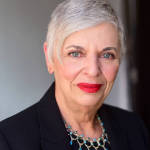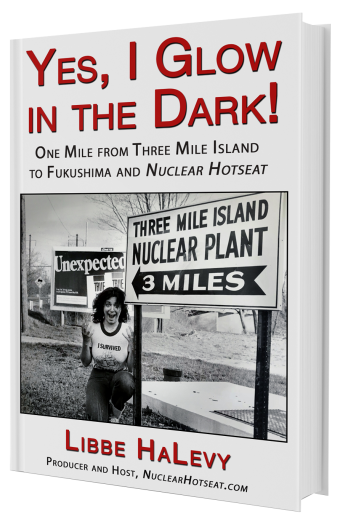NH #522: Nuclear Justice Sought for “Nuclear Guinea Pigs”: Marshall Islands’ Desmond Doulatram
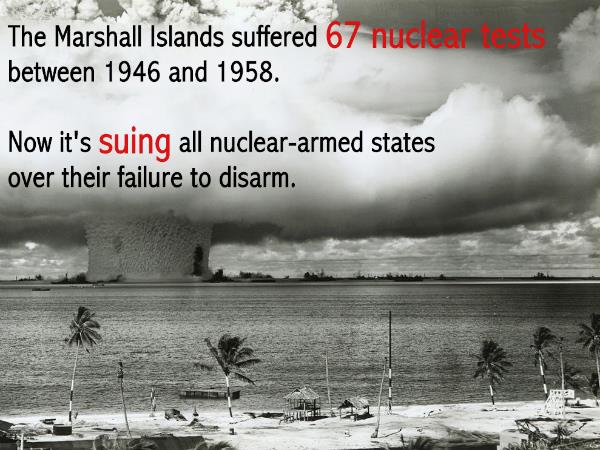
This Week’s Featured Interview:
Nuclear Guinea Pigs:Desmond Narain Doulatram, a citizen of the Marshall Islands, is co-founder of the nonprofit organization REACH-MI (Radiation Exposure Awareness Crusaders for Humanity- Marshall Islands), where he serves as Research Director and Advisor. REACH-MI provides information and explores ways to address unresolved nuclear issues to improve community conditions, people’s lives, and achieve “Nuclear Justice.” Desmond is an in-kind researcher for the Republic of the Marshall Islands’ National Nuclear Commission and has presented at anti-nuclear related conferences, workshops, trainings, and seminars at the University of Basel in Switzerland, Oregon State University, University of San Francisco, Melbourne University, University of Tokyo, Toronto’s Humber College, and College of the Marshall Islands. He is currently a Social Science Instructor at the College of the Marshall Islands teaching Issues in Pacific Studies and Contemporary Social Issues in Micronesia, where the Nuclear Legacy of the Marshall Islands and the greater Pacific Region continue to be hotly debated issues amongst its people. We spoke on Sunday, June 6, 2021.
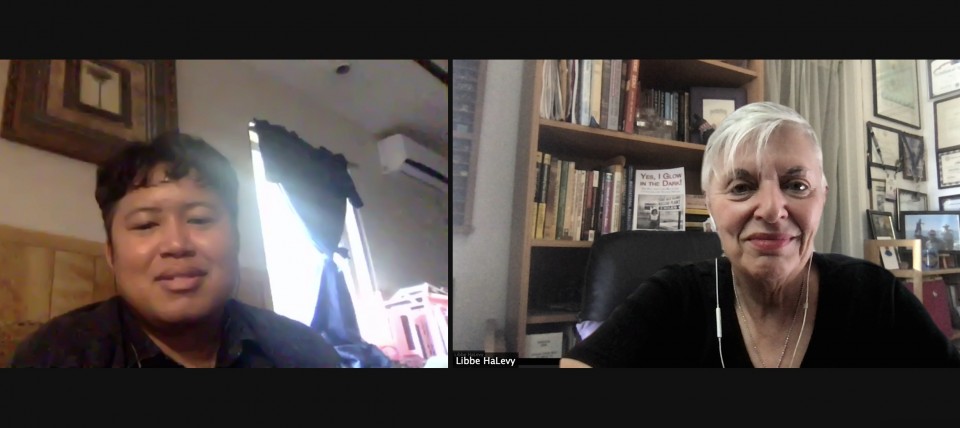
Other Marshall Islands contacts, information:
- Keyoka Kabua, Secretary for the National Nuclear Commission [email protected]
- Arianna Tibon, Education Coordinator for the National Nuclear Commission
[email protected] - Adam Jonas Horowitz’ powerful documentary Nuclear Savage, which tells of the https://www.nuclearsavage.com/
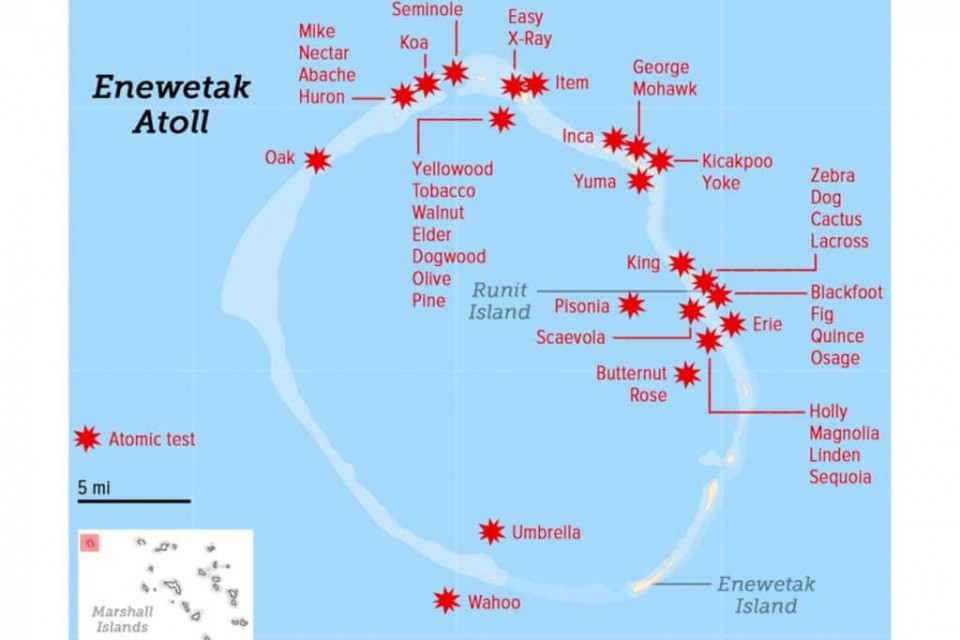
Numnutz of the Week (for Outstanding Nuclear Boneheadedness):
UFOs and Fukushima? Hey, why not…! (Oy!)


